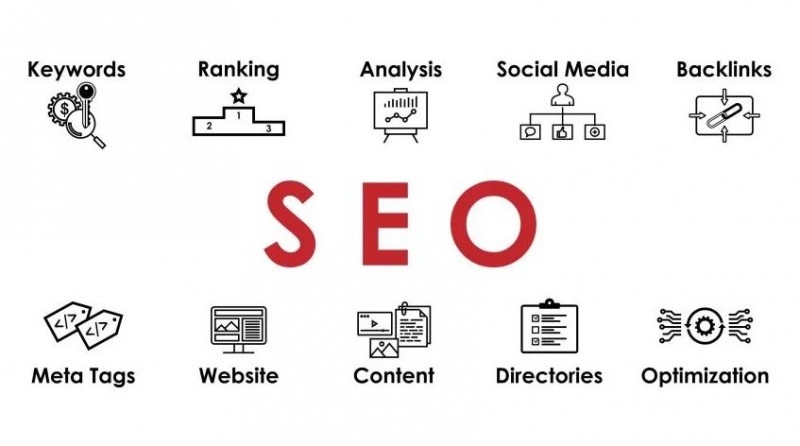
Meta tags play a crucial role in enhancing the search engine optimization (SEO) of your website. By optimizing meta tags such as the title, description, and headers, you can significantly improve your website's visibility and ranking on search engine results pages. In this article, we'll delve into the world of meta tags and provide you with valuable insights on how to optimize them effectively.
Meta tags are snippets of text that provide essential information about a webpage's content. They are not visible on the actual page but are included in the HTML code. Meta tags include the meta title, meta description, and headers. These elements give search engines and users an overview of what the page is about.
Meta tags influence how search engines index and display your webpage in search results. Well-optimized meta tags can lead to higher click-through rates and improved user engagement. They provide search engines with relevant information, helping them understand the content's context and relevance.
The meta title is a concise and accurate representation of your webpage's content. It should include primary keywords and provide a clear idea of what users can expect. Keep it under 60 characters to ensure it's fully displayed on search engine results pages.
Meta descriptions are brief summaries of your page's content. While they don't directly impact rankings, they greatly influence click-through rates. Craft unique, engaging, and informative meta descriptions that encourage users to click on your link.
Headers (H1, H2, H3, etc.) break down your content into sections, making it easier for readers to navigate. They also help search engines understand the hierarchy of information on your page. Use headers to structure your content logically.
Place your primary keyword in the H1 tag, indicating the main topic of the page. Use H2 and H3 tags for subheadings and supporting topics. This hierarchy helps search engines recognize the key themes of your content.
Integrate relevant keywords naturally within your content, including meta tags and headers. However, avoid overusing keywords, as it can lead to keyword stuffing and harm your SEO efforts.
Keyword stuffing refers to the excessive use of keywords in an unnatural manner. Search engines penalize this practice, so focus on creating valuable, coherent content instead.
With mobile searches on the rise, ensure your meta tags are optimized for mobile devices. Test how they appear on various screen sizes to guarantee a consistent and user-friendly experience.
Rich snippets provide additional information about your content directly on the search results page. They can include ratings, reviews, and other relevant data, enhancing your page's visibility and credibility.
Search engine algorithms are constantly evolving. Stay updated with the latest changes to ensure your meta tag strategies align with current SEO best practices.
Conduct A/B tests to determine which meta tag variations perform better. Experiment with different titles, descriptions, and headers to optimize click-through rates.
Regularly monitor the performance of your optimized meta tags using analytics tools. Adjust your strategy based on data insights to achieve optimal results.
Social media shares can indirectly influence your page's SEO. Compelling meta tags encourage users to share your content, increasing its reach and potential for backlinks.
In the competitive world of online content, optimizing meta tags is a must for improving your website's visibility, user engagement, and search engine rankings. By crafting well-structured meta titles, descriptions, and headers, you can enhance your website's appeal to both search engines and users.
The Power of Vivo V29e's 50MP Front Camera and Performance Processor
Exploring the Impressive Specs of the Moto G84 5G: RAM, Battery, and More
From Humming to Magic: YouTube's Innovative Audio Recognition